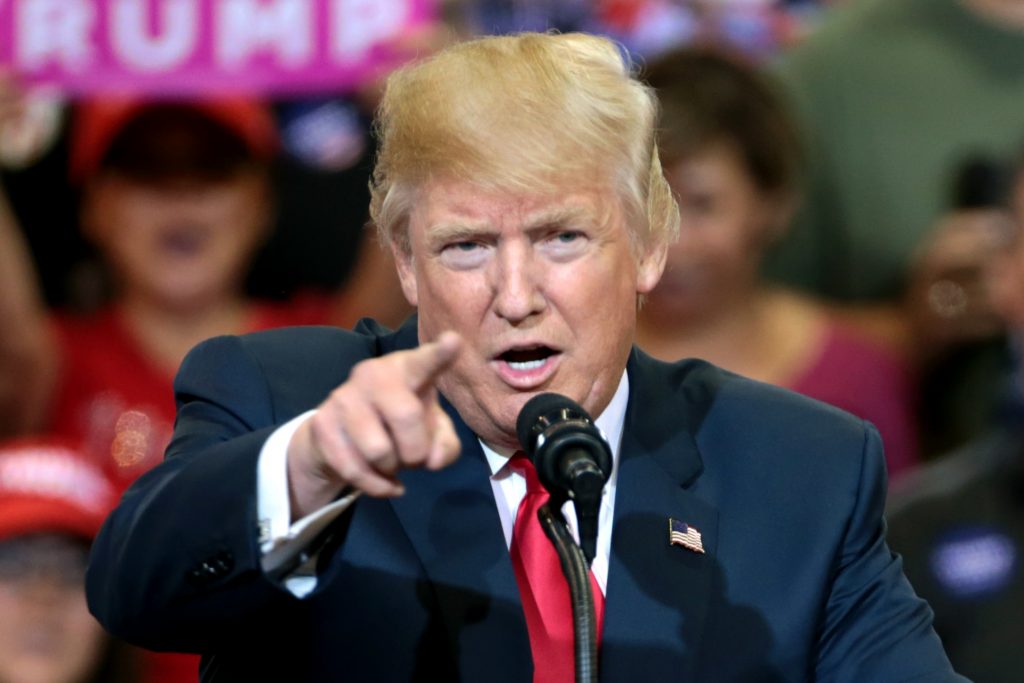The U.S, elections are farcical, but we can learn from them. With the final episode of the reality show we call presidential elections in the United States creeping closer, it looks like the two competing contestants will be the once and possibly future president Donald Trump, and the forgettable and forgetful president Joe Biden. I, for one, am glad I am not in a position to vote.
“[T]he President is always a controversial choice, always an infuriating but fascinating character. His job is not to wield power but to draw attention away from it.” proclaims the Hitchhiker’s Guide to the Galaxy, referring to the President in that fictional universe, Zaphod Beeblebrox, who is perfect for the job as the book puts it: “once Zaphod Beeblebrox had announced his intention to run as President it was more or less a fait accompli: he was the ideal Presidency fodder.”
In the real world, the situation might be somewhat different. The U.S. president does wield real power, but holding onto it looks like the priority in the job. At any rate, if the sci-fi book is something to go by (and that is not something political scientists should make a habit of) Trump will win thanks to the entertainment he provides. Let us not weep for this great democracy that is America. The question we should ask is not how come such a horrid person as Trump can win, but why more are not politicians taking a leaf from his book (or Douglas Adams’ for that matter).
Trump’s campaigns are run like a reality show. The audience favourite will win, because that will be the person who can distract the people the best. It is quantity over quality. Like a Marvel movie, it does not matter how bad it is. It is enough that the hype leads many to the cinemas or streaming services to watch it once. That will suffice to make it a financial success. In political terms, this might smell like populism – but does it necessarily have to be?
Trump is considered radical, but it is this outlier and disruptive attitude which promises to elevate people from the perceived torpor, the boring old politics wither by promising them a better more grandiose life or by the sheer entertainment value (for some at least) of Trump, as a brand in the White House.
Nowadays, we use the term “radical” with a bitter taste in our mouths. Someone who is against the current liberal world order. Yet in the past, it was those outliers who wanted a liberal world order by setting themselves against the old guards. Great classical liberal thinkers and the great men who fought for liberty in the American Revolutionary War. Where are such the mavericks and eccentrics in politics today?
Boris Johnson ticked the boxes for a classical liberal eccentric and became Prime Minister, but he failed to deliver. He instituted strict lockdowns and policies against his formerly professed beliefs and his hypocrisy came back to haunt him. He lost the trust of people. So did Trump.
Winning on a promise of more freedom and liberty, there is an ongoing debate about his role in a mob storming the Capitol to undo the results of a fair and democratic election. Now, though, he might be back, and therein the parallel with Zafod Beeblebrox might extend, as the fictional president “has already spent two of his ten Presidential years in prison for fraud.”
Liberals in Europe should learn from Trump and Beeblebrox how to run campaigns, to be more out of the box, to dare to disrupt, and promise a change in “the system.” But they also have to deliver. As opposed to populism, however, liberalism can show results, so if liberal politicians dare do the hard work, they could bring results, and wield real power; the power of enabling individuals as opposed to the state, rather than to just draw attention from it.



